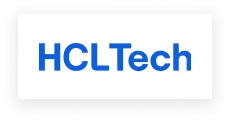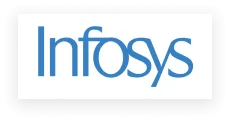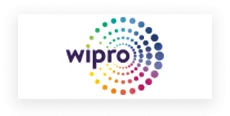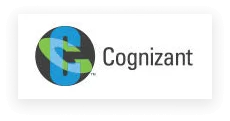30+
Years of Excellence
30,000+
Students Trained Every Month
99.1%
On-Time Batch
300+
Certified Trainers
5,000+
Courses to Choose From
Trusted by
To ensure the privacy of our clients, we use pseudonyms
Ananya Krishnan
India
He explained the subject very clearly and patiently, which made it easy to understand.
Show More
Elasticsearch
Ethan Ramirez
United States
I would rate him very highly. Highly knowledgeable and made it easy to understand the material.
Show More
AWS Certified AI Practitioner (AIF-C01)
Aiden Brodie
New Zealand
All feedback is rated 5; students are completely satisfied. Refer to attached feedback.
Show More
Generative AI Essentials on AWS
Arjun Patel
India
Excellent. Very detailed and meticulous.
Show More
SQL In 8 Hrs
Michael Johnson
United States
Please consider providing intoxicating feedback.
Show More
VMware Cloud Foundation: Automate and Operate [V9.0]
Layla Farsi
Saudi Arabia
Excellent trainer, very well-versed in the course material, and I loved her examples! Thank you, Ms. Soniya Rana.
Show More
Certificate in Product Ownership Analysis (IIBA®-CPOA)
Tariq Al-Naimi
Iraq
It was excellent; she was really good, knew what she was doing, and the way she delivered the information was great. We were going smoothly with no bumps because the trainer did a very good job delivering information and instructions.
Show More
Analyzing Data in Excel and Working with Power BI
Lena Becker
Germany
Received exceptional feedback through MTM (Third Party Batch): 1. Very competent and pleasant 2. Online labs here are better and more smoothly working.
Show More
AI-102T00: Develop AI Solutions in Azure
Oliver Bennett
Australia
Soniya was absolutely awesome and made the PRINCE2 process and principles so much easier to understand. She clearly knows the subject inside out and explained everything with great clarity. I especially appreciated how she used her own slides to simplify and illustrate the concepts—it really helped the learning process. The 5-day training was so much better and made me confident that I went ahead and did the foundation exam on the last day of the training and passed it. I would request that Soniya be the one who provides me with the refresher when I am ready for the practitioner exam.
Show More
PRINCE2® 7 Foundation and Practitioner
















